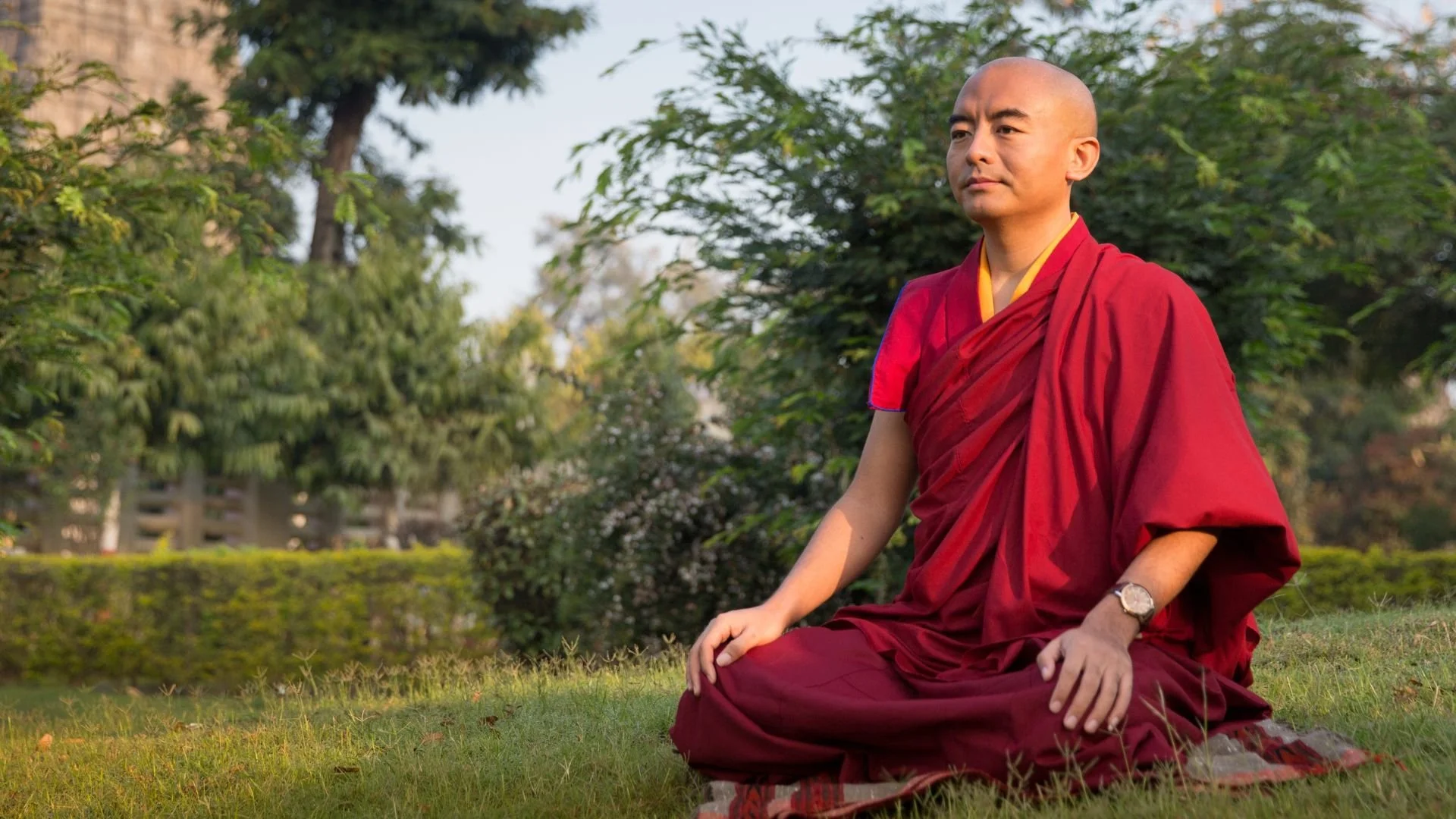
Buddhist Psychology:
Mind Explained
FREE WEBINAR
Free Webinar with Mingyur Rinpoche
August 3rd, 2024
The Buddhist way of studying the mind and how it can be transformed is called Abhidharma. If you are interested in exploring a roadmap to mental health, the Abhidharma teachings offer you meditation methods for uprooting the causes of suffering and finding inner freedom.
This free event marks the beginning of Tergar’s 2024–25 Transmission, Buddhist Psychology: Mind Explained, a series of online courses and retreats with Mingyur Rinpoche on Abhidharma. This is the first time Rinpoche will offer this teaching to a wider audience.
Watch this 2-minute overview of the entire transmission
“The Abhidharma is an invitation to smash, to break down, to cut through, and to completely destroy and overcome every tendency toward extremes of arrogance, greed, and bewilderment.”
—Steven D. Goodman
be introduced to the Abhidharma and learn about the view and practices of Buddhist Psychology
receive teachings and meditation instructions in a live session with Mingyur Rinpoche
discover Tergar’s upcoming transmission based on Rinpoche’s new meditation guide, Stainless Prajna
In this webinar, you will:
Date and time
This event takes place on Saturday, August 3rd, 2024.
10–11 a.m. EDT (New York)
4–5 p.m. CEST (Berlin)
10–11 p.m. HKT (Hong Kong)
Register below to access the event link and also receive the recording if you are unable to join live. The event is open for everyone, and is free of charge — no payment is required!
Register now
-
The Abhidharma is an important collection of teachings that focuses on developing wisdom (Skt. prajna), helping meditators deepen their understanding of the workings of the mind and thereby free themselves from the causes of suffering and chronic dissatisfaction. These teachings are considered one of the three main categories of Buddhist teachings, alongside the Sutra and Vinaya. Together, these three are known as the “Three Baskets.”
-
“Transmission” is a traditional term that refers to a set of meditation teachings that is passed down from a teacher to a student or group of students. In the Tergar context, “transmission” means that Mingyur Rinpoche passes on important lineage teachings to students so that we can recognize the buddha within and stabilize this recognition. The transmission happens through online courses, webinars and retreats. The 2024–25 transmission will be based on Rinpoche's new text, Stainless Prajna: Stages of Meditation on the Treasury of Abhidharma.
-
Not at all. Mingyur Rinpoche teaches in a highly relatable way, so much of this transmission (including the free kickoff webinar) is based on exploring our lived experience. These teachings have the power to benefit anyone who wishes to understand the mind, reduce the causes of suffering and learn how to cultivate well-being, mental health and inner freedom.
About Mingyur Rinpoche
Yongey Mingyur Rinpoche is a much-loved and accomplished Tibetan Buddhist meditation teacher. With a rare ability to present the ancient wisdom of Tibet in a fresh, engaging manner, Rinpoche's profound teachings and playful sense of humor have endeared him to students around the world. His first book, The Joy of Living: Unlocking the Secret and Science of Happiness, debuted on the New York Times bestseller list and has been translated into over twenty languages. When not attending to the monasteries under his care in India and Nepal, Rinpoche spends time each year traveling and teaching worldwide.

2024 Tergar International. The Tergar logo is a registered service mark of Tergar International.



